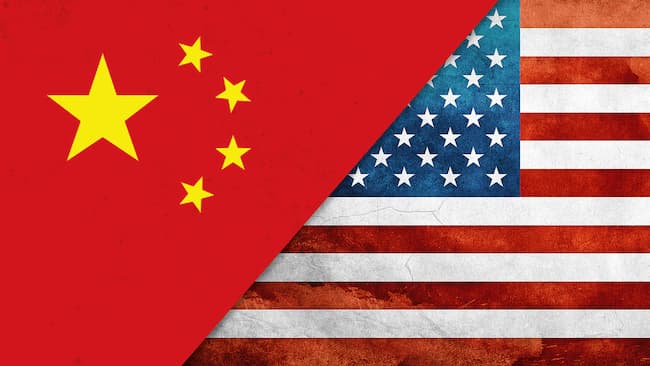China has issued a clear signal to Washington that it is fully bracing for an escalated trade conflict and will not hesitate to respond decisively if provoked.
This warning was issued by Nigel Green, the CEO and founder of global financial advisory group deVere, who noted that recent actions from Beijing reflect a strategic readiness for prolonged economic tension with the United States, particularly under former President Donald Trump.
A key indicator of China’s stance is the weakening of the yuan, which Green interprets as a calculated warning rather than a routine market fluctuation. “The depreciation of the yuan is not merely a product of market forces. It is a deliberate signal from Beijing that it is prepared to employ stronger retaliatory measures if the trade dispute deepens,” Green said.
He described the current situation as a test of endurance between two economic giants, with Trump ramping up pressure in the hope of securing trade concessions through assertive tactics.
“Beijing, however, is not backing down. Instead, it is fortifying its domestic industries, diversifying supply chains, and preparing for sustained resistance through carefully crafted policies,” he added.
Green explained that both nations are actively gauging each other’s thresholds. While Washington continues to impose tariffs and threaten additional restrictions, Beijing has responded with calculated countermeasures and hinted at more aggressive steps ahead.
He emphasized that China is not interested in appearing weak and is setting the foundation for a more expansive counteroffensive if circumstances demand it.
“The timing and manner of the yuan’s devaluation reflect a serious message to the White House. It is not an impulsive move for short-term gain—it is a sophisticated economic signal underscoring the risks of escalation,” Green noted.
He further cautioned the U.S. administration against misreading China’s patience as a sign of weakness.
“Beijing is showing restraint, but it is equally demonstrating its resolve. If Washington intensifies the confrontation, China’s response will be well-planned, extensive, and aimed at maximum strategic impact,” he said.
Green stated that global markets have already started adjusting to this possibility. Investors are recalibrating their risk assessments in a world where supply chains increasingly shift away from the U.S., capital flows realign, and currency volatility becomes a tool of geopolitical influence.
“Tactical decisions like the weakening of the yuan are no longer just economic events—they are chess moves in a broader geopolitical strategy,” he said.
For investors, Green stressed the importance of recognizing that China is preparing for long-term systemic changes that could redefine global trade for years to come. He concluded, “China is no longer avoiding a trade war at all costs. If forced into one, it is preparing not only to survive—but to win.”













